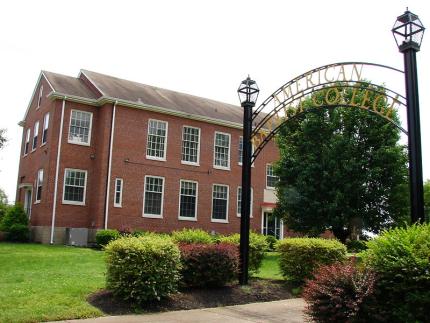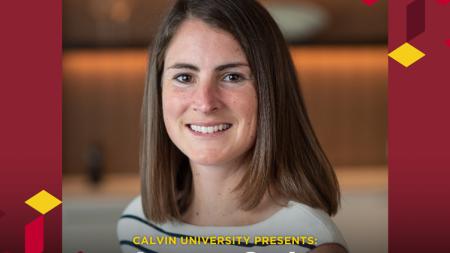Pastors Speak Out Against Drug Policy

American Baptist College
The Drug Policy Alliance, a national advocacy organization, has released a statement saying that while African Americans comprise only 13 percent of the US population and 13 percent of drug users, they make up 38 percent of those arrested for drug law violations and 59 percent of those convicted of drug law violations.
The statement was released as part of “A View from the Pulpit: Faith Leaders and Drug Decriminalization,” a meeting of faith leaders held recently in Nashville, Tenn.
“As Christians, we should be alarmed by such injustice, whether it directly affects us or not,” said Rev. David Schuringa, who attended the meeting as president of Crossroad Bible Institute, a ministry to prisoners based in Grand Rapids, Mich. Schuringa is a Christian Reformed Church minister and his ministry is recommended for support by the CRC.
Schuringa says pastors brought the issue of drug criminalization into focus by speaking “passionately on the subject and gave me new insights into the perspective of many in the African American community.”
After hearing the statistics, Schuringa took part in a panel discussion in which he asked, considering the statistics discussed, whether a moratorium on drug law felony convictions would be appropriate until equitable enforcement can be demonstrated.
Held at American Baptist College in Nashville, Tenn., the conference was sponsored by the college, the Drug Policy Alliance and the Samuel Dewitt Proctor Conference.
Many of the leaders gathered also expressed their concern that the War on Drugs is aggravating the problem of hunger in the United States. Drug law convictions can result in the loss of employment, property, public housing, food stamp eligibility and financial aid for college. These losses also affect the families of convicted men and women, including their children.
Pastors at the conference expressed their belief that drug use should be treated as a health issue.
“Whenever the poor or oppressed are suffering, the church is called to respond,” said Schuringa.


